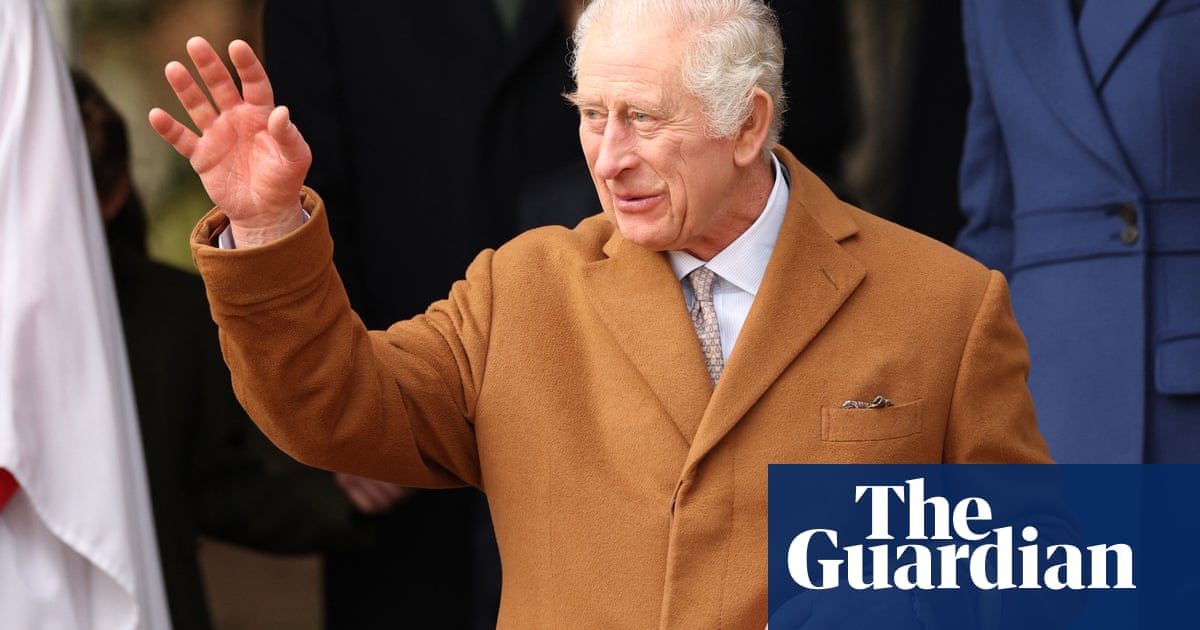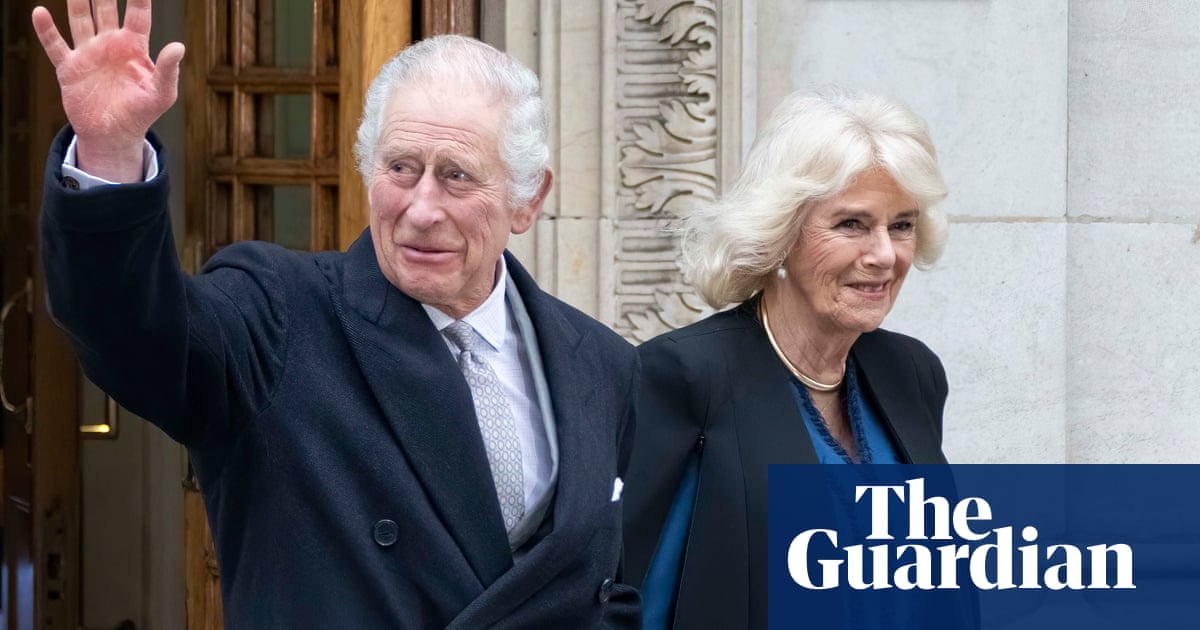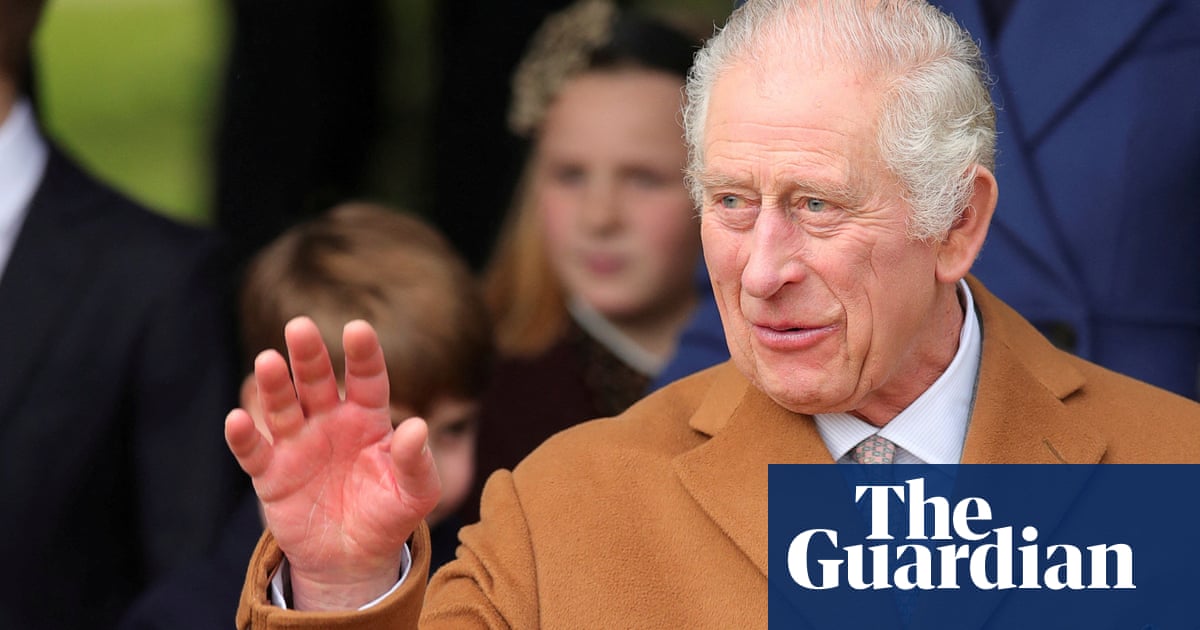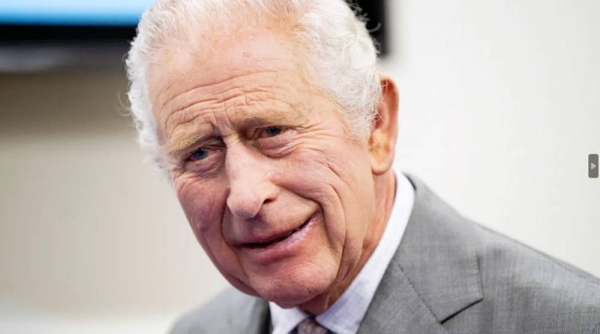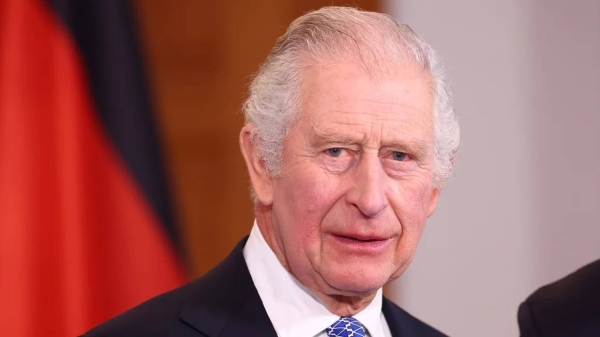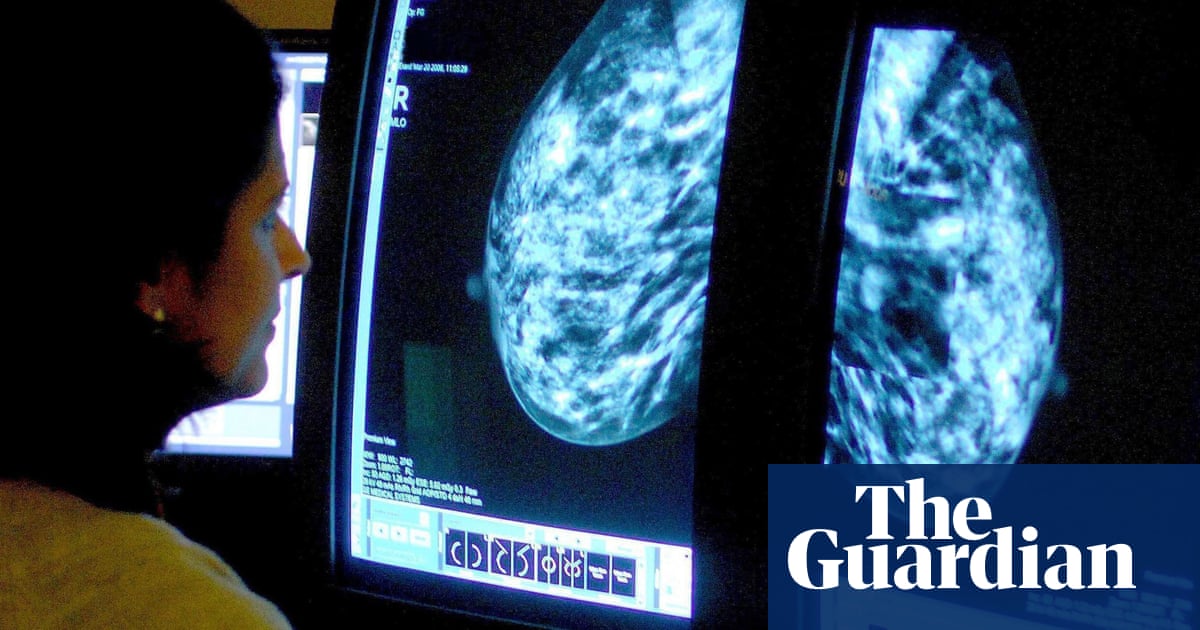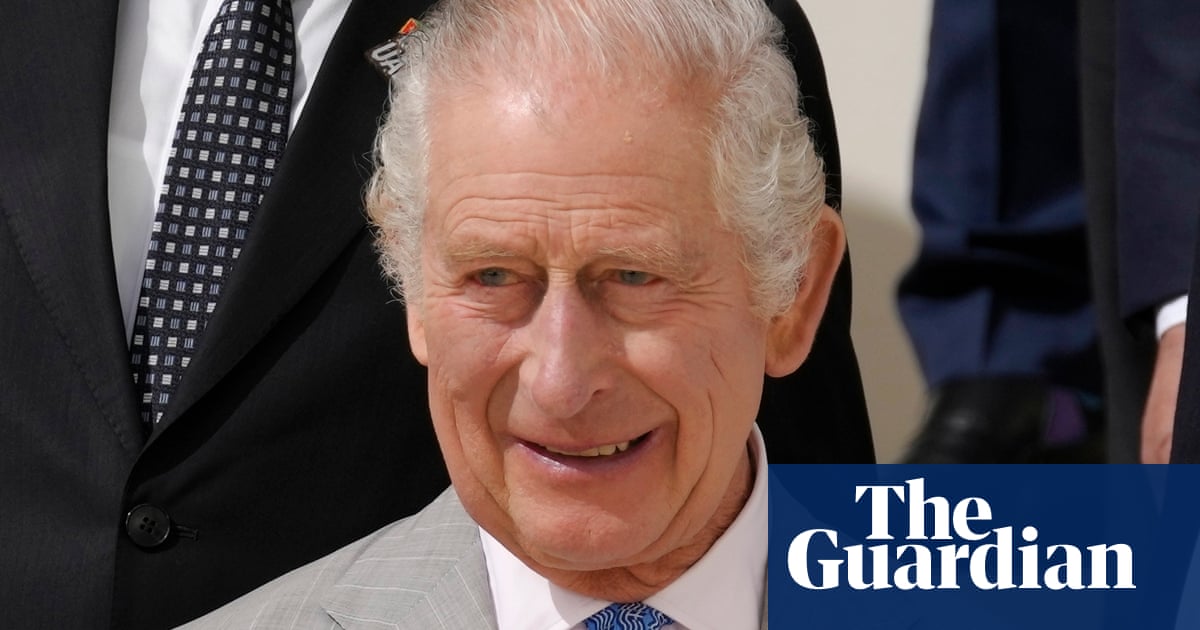
The king has undergone treatment for an enlarged prostate and is doing well, sources have said.
Charles was admitted for treatment on his enlarged prostate on Friday morning at The London Clinic in central London. Later that afternoon, the queen left the hospital, apparently in good spirits, smiling at reporters although declining to answer questions.
It is the same hospital where the Princess of Wales is being cared for after abdominal surgery. Charles, 75, took time before his procedure to visit his daughter-in-law Kate, who is on the 11th day of her hospital stay after undergoing a successful major operation last week.
A palace spokesperson said: “The king was this morning admitted to a London hospital for scheduled treatment.
“His majesty would like to thank all those who have sent their good wishes over the past week and is delighted to learn that his diagnosis is having a positive impact on public health awareness.”
Charles arrived back in London from Norfolk on Thursday afternoon for the procedure, after squeezing in a couple of behind-the-scenes official duties: the Court Circular recorded the king received Dame Polly Courtice, the emeritus director of the University of Cambridge Institute for Sustainability Leadership, and Prof Robert Miller, the director of the Whittle Laboratory, on Thursday morning at Sandringham.
In a picture released on Friday on the royal family account on X, he was shown lighting a candle with the queen earlier this week to mark Holocaust Memorial Day.
Charles issued a message before the commemorations, describing it as “a valuable opportunity for the richly diverse communities of this nation to come together and recommit to building a society free from antisemitism, persecution and hatred”.
It is not known how long the king will spend in hospital or the exact nature of his treatment. Charles was diagnosed with the benign condition on 17 January while staying at Birkhall in Scotland, after going for a check-up because he was experiencing symptoms.
He is understood to have wanted to share the news to encourage other men to get themselves checked.
One in three men over the age of 50 will have symptoms of an enlarged prostate, which include needing to visit the toilet more frequently, with more urgency, and difficulty emptying the bladder.
An enlarged prostate, known as benign prostatic hyperplasia, does not usually pose a serious threat to health, and it is not cancer. But patients may need to have several tests for the condition to rule out the possibility they have another illness with similar symptoms, such as prostate cancer.
Surgery is usually recommended only for moderate to severe symptoms that have not responded to medicine, the NHS website says.
NHS England said the “enlarged prostate” page on the NHS website received one visit every five seconds on the day the king’s diagnosis was announced, with further huge boosts in visits in the days that followed.





